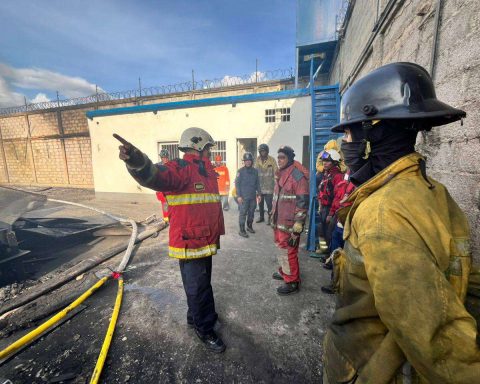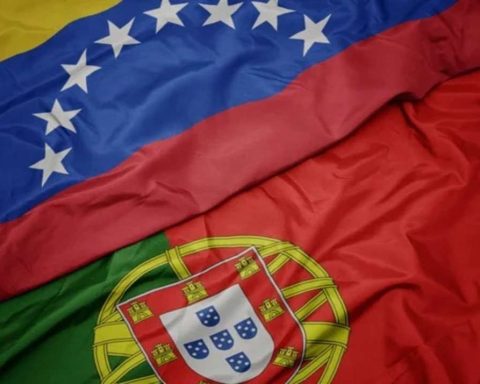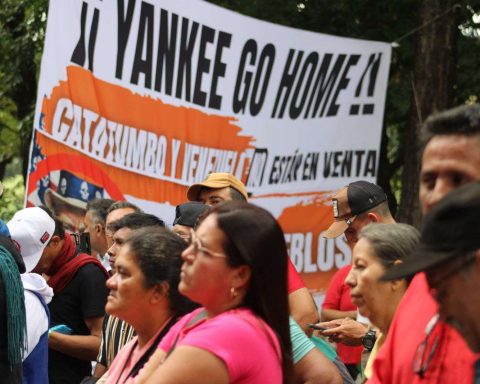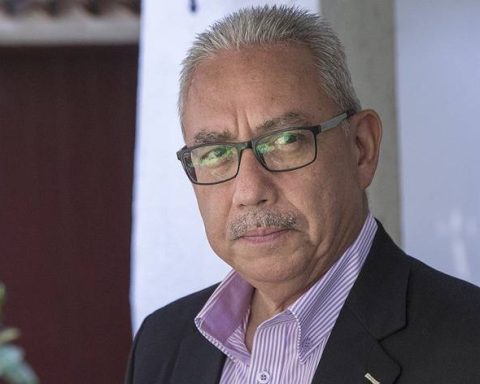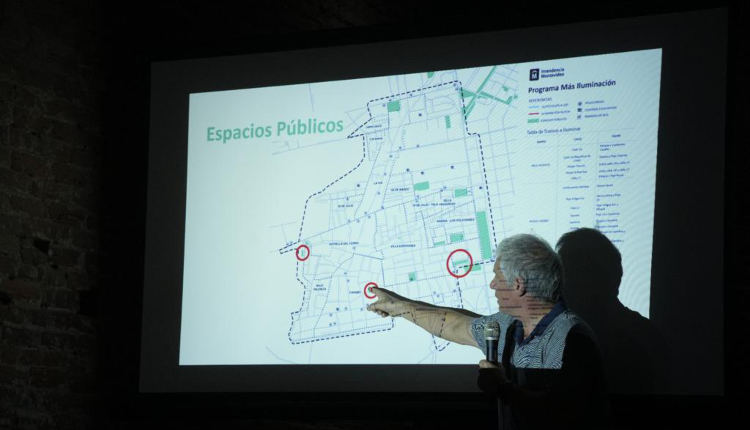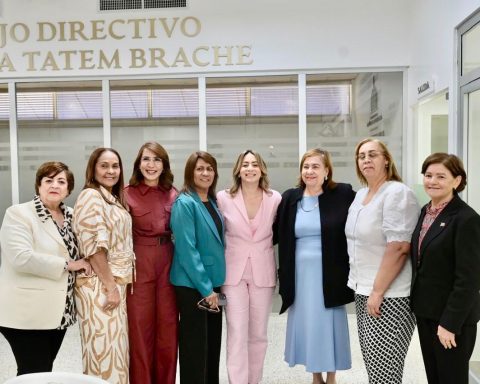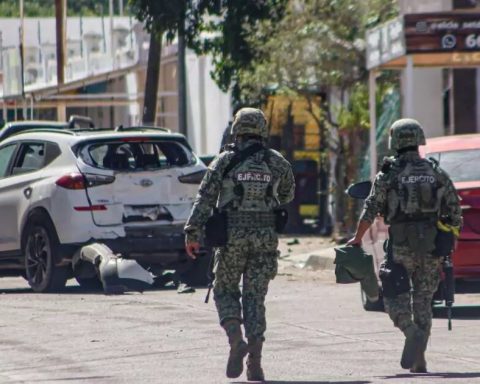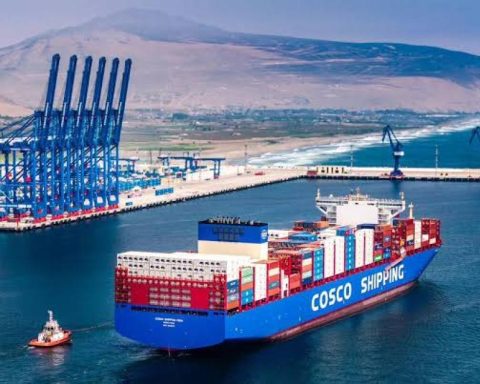The import substitution project involves the activation of 28 private industries that require timely payment guarantees from the CVG, a conglomerate with a minimum cash flow and, therefore, limited payment capacity.
Text: Laura Clisánchez / Mail of the Caroni
The Venezuelan Corporation of Guayana (CVG) entered into agreements with the private metal-mechanic sector for the manufacture of pieces and parts with the purpose of substituting some imports and thus lowering the costs of the minimum production of its supervised companies.
The project involves the activation of 28 SMEs, a sector that was paralyzed for more than three years, which currently produces at 10% of its capacity, and which longs for new agreements with its former natural clients as long as there are conditions of payment in advance and on time.
Import substitution is an alternative that has rested on CVG’s desk for more than a decade. The current apparent urgency to implement it is the restriction of Venezuela’s access to international markets due to sanctions against the Nicolás Maduro regime.
It is not a secret that most of the components for our industries in terms of equipment and technology were acquired abroad. Now, with the current scenario, it was decided to manufacture on-site those components, parts, applications, and services that can be executed within the national territory”, Alfredo Marín
Recently, last Thursday, November 3, CVG Venalum held a meeting and started technical roundtables with SMEs, to determine which parts and pieces demanded the private sector can offer in the areas of foundry, forging and machining, filters and sleeves, and services. and consumables.
Regarding this, Wolfgang Coto, president of the state company, declared in an interview with Correo del Caroní that Venalum has already replaced more than 60 thousand pieces of electromagnetic insulating material for electrolytic cells. He also assured that the primary aluminum producer has 190 active cells, -of the 905 it had before the dismantling and the national electricity blackout of 2019-.
In mid-March 2021, CVG dismantled 360 Venalum P-19 cells in order to sell the aluminum they were made of. According to the workers, these cells came to produce 157 thousand tons of primary aluminum annually, a figure that translates into approximately 330 thousand dollars.
In mid-September, CVG Ferrominera Orinoco held the same talks with SMEs that, according to official information, concluded with an agreement for 34 import substitution projects for the pellet plant, briquette plant and railway sector.
*Also read: Caroní Environment Commission asks CVG to resume surveillance of air pollution
Vague contract terms with the CVG
About how much money is needed and what are the terms of the contracts for import substitution, are still unanswered questions. It is only clear that the CVG is not in the capacity to assume new payment commitments.
“It is not a secret that most of the components for our industries in terms of equipment and technology were acquired abroad. Now, with the current scenario, we opted for the on-site manufacturing of those components, parts, applications, and services that can be executed within the national territory”, declared the vice president of Import Substitution, engineer Alfredo Marín, in an interview with Caroni Mail.
Marín stressed that, given the negligible cash flow of the basic companies, the CVG chooses to hire only what it is able to pay.
“We have been very careful in terms of budget availability. As companies recover, we have more availability, but at the same time, more expenses. We have chosen not to contract beyond what we can pay, even though we have much more need than what we are contracting for,” said the engineer.
Marín reported that the state company provides an advance of 30 to 50% depending on the amounts and the type of contracts made with the companies. “So far accounts payable from recent hires are moderate, and payment times are short,” he said.
*Also read: Calcined alumina emission persists in Bolívar despite promise from CVG Bauxilum
No advance payments, no agreements
The private industrial sector maintains that none of its companies are in a position to finance or give credits to CVG because they do not have financing or cash flow to do so. Therefore, the payments of the holding company must be with an advance part, or completely advance payments for the purchase of the raw material necessary to produce. One thing is the demand, and another what can be offered.
“We have more than 40 affiliates, of which 28 are active, going to the plant and having direct contact with users. That does not mean that they reach a purchase order or agreement, because that will depend on the conditions at the time of bidding, what the business community proposes and what CVG can (or cannot) comply with,” said Juan Pablo París, president of the Chamber of Industries, Mining, Services and Related of Bolívar State (Camindustrias Bolívar).
“The CVG has proposed the possibility of a financial group leveraging part of the demand. To the extent that we have almost closed agreements, the CVG is going to propose if they are interested in participating or financing so that this can be done,” said the businessman.
Paris projects that, if what is established in the work tables materializes, the direct workforce of SMEs would increase from 30 to 40%, that is, it would generate 400 to 600 direct jobs.
Paris also specified that, even if the agreements are finalized, not everything can be replaced, since there is raw material that is not available in the country, it must be imported and that makes the final product more expensive.
Faced with the geopolitical panorama, SMEs are the intermediaries that serve as importers, bridges or support to replace the parts that basic companies require for daily consumption.
This year, the private metalworking sector had already established an alliance with the public sector to produce some parts for CVG Ferrominera Orinoco, Siderúrgica del Orinoco (Sidor) and the Los Teques train, at the Hugo Chávez Frías Factory Industrial Complex, located in Anaco. These components would be railway pieces, and demolition bodies for the pellet plants.
The union’s vision, he maintains, is to support this minimal state reactivation to increase its current production capacity, although it recognizes that the recovery will not be significant until the energy crisis is remedied and there is legal security for foreign investment.
Post Views: 24

